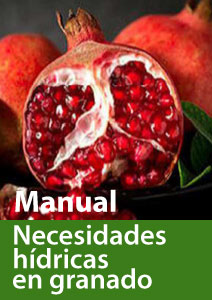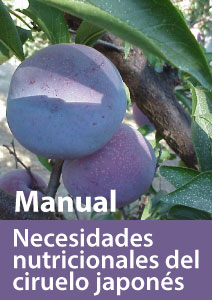What We Do
The challenge facing agricultural product in Europe is producing competitively with minimal environmental impact and, therefore, optimising fertilisation and irrigation practices on plots is fundamental. To this end, Vegas del Guadiana (Extremadura and Portugal) is the area where most stone fruit trees are found in the areas vulnerable to nitrate contamination. In order to reduce aquifer contamination due to inappropriate use of nitrogen-based fertilisers, the European Union passed a Council Directive on 12 December 1991.
This type of activity involves knowledge transfer between partners in relation to the various nutritional diagnosis technologies as well as the interpretation of results and practical implementation on the various plots.
This activity is part of the study into the pomegranate tree as an alternative in areas where the soil conditions and the scarce or poor quality of irrigation water can limit growing other fruit trees which are more demanding as concerns the edaphic, climate and irrigation water conditions. The study of irrigation strategies for this crop will help regulate production and obtain higher productions than obtained under drier environmental conditions. In Extremadura, pomegranate tree growing is not very widespread and, considering the environmental conditions are the same as in the Alentejo area, this study will be of great interest as it will evaluate and determine the different strategies as far as the quantity of water and fertilisers (nitrogen, phosphorus and potassium) needed to increase the growing surface for this fruit tree in this region.
Who Participates
Coordinated by: CICYTEX
Participating Partners: CICYTEX, CTAEX, IPBeja, CEBAL
Collaboration from: Instituto Nacional de Investigação Agraria e Veterinária (INIAV), Daniel Montes, ACOPAEX Sociedad Cooperativa, AFRUEX, Agrícola de Medellín Sociedad Cooperativa and EXAASA
How We Do It
This action consists of:
- Plot selection
- Soil characterisation in the study areas
- Plant measurement for nutritional diagnostics
- Irrigation water characterisation
- Water measurement
- Post-harvest fruit characterisation
- The establishment of DRIS Standards for stone fruit trees in Vegas del Guadiana
Contacts
Activity Coordinator: Valme González García (CICYTEX) | valme.gonzalez@juntaex.es





